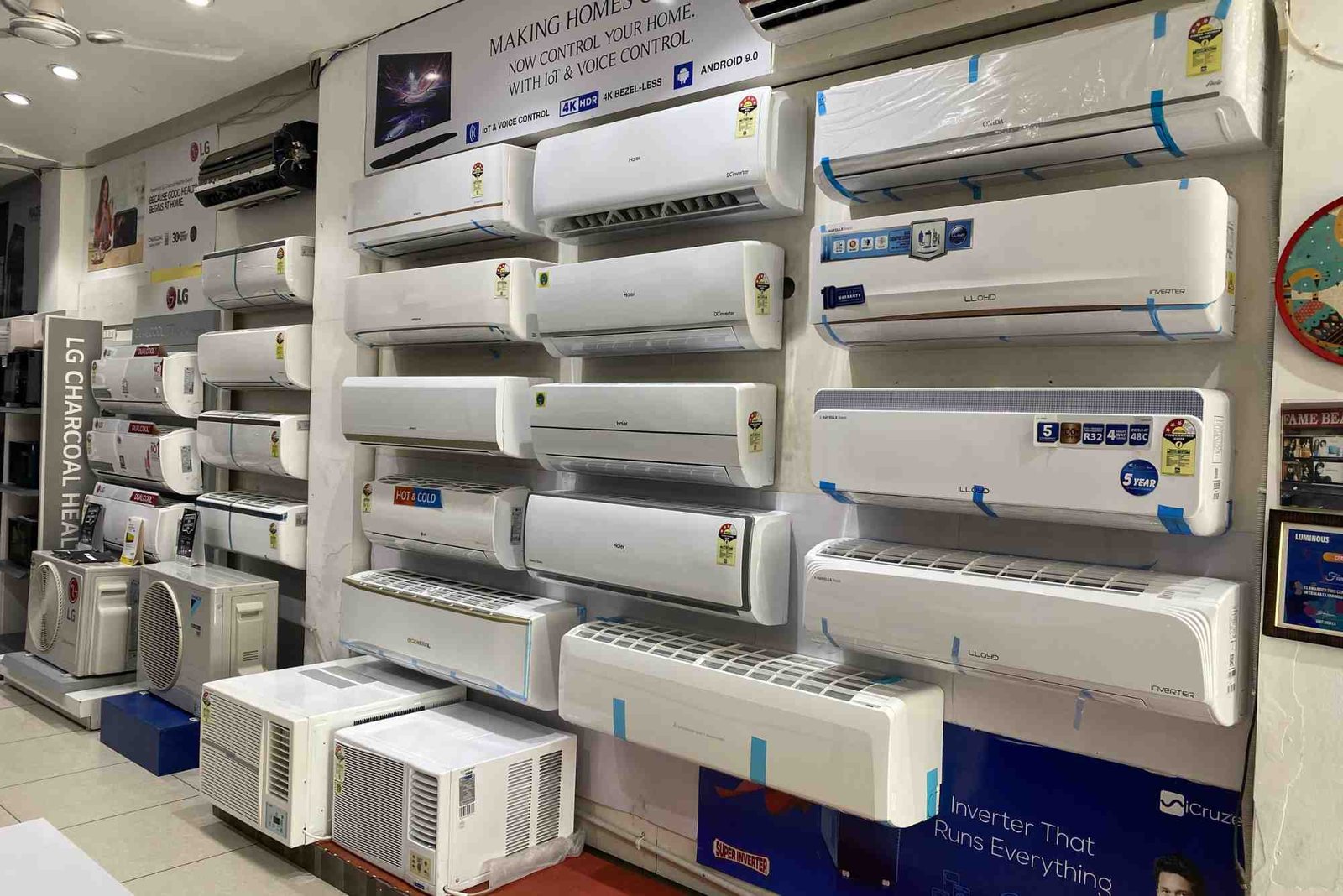Yes, absolutely. In fact, settling a commercial dispute out of court is often the preferred route for many businesses in Dubai. Litigation, while sometimes necessary, can be time-consuming, costly, and potentially damaging to business relationships. Many companies choose alternative dispute resolution (ADR) methods such as negotiation, mediation, and arbitration to resolve their conflicts in a more efficient and private manner.
Dubai’s legal framework supports out-of-court settlements and even encourages them in certain instances. Courts and arbitration centers often advise parties to attempt amicable resolution before resorting to full litigation. Additionally, with Dubai being home to a dynamic business environment that involves multinational corporations, SMEs, startups, and investors, flexibility and efficiency are key priorities—making ADR methods particularly attractive.
In this comprehensive guide, we’ll explore the different ways commercial disputes can be settled out of court in Dubai, the legal framework that governs these resolutions, their advantages and limitations, and how lawyers in Dubai can help guide the entire process effectively.
1. Understanding Out-of-Court Settlements
An out-of-court settlement is a resolution reached between disputing parties without a formal trial or judgment by a court or tribunal. This resolution is usually documented in a settlement agreement that outlines the terms agreed upon by both sides.
Such agreements may include:
- Full or partial payment terms
- Return or exchange of goods or services
- Termination or amendment of contracts
- Confidentiality clauses
- Waiver of future claims
Once signed, the settlement agreement becomes a legally binding contract. If one party fails to comply, the other party can seek enforcement or damages through the courts.
2. Benefits of Settling Commercial Disputes Outside the Court
There are several strategic and operational benefits to settling a commercial dispute without litigation:
a. Cost Efficiency
Legal fees, court charges, and expert costs in litigation can be substantial. Settlements reduce these expenses considerably.
b. Time Savings
While court proceedings can take months or even years, settlements can be reached in a matter of weeks or even days.
c. Confidentiality
Unlike court trials, which are typically public, settlement discussions and outcomes can remain entirely private—protecting the reputation of both parties.
d. Preservation of Business Relationships
ADR methods allow parties to find common ground, reducing hostility and making it easier to continue working together in the future.
e. Greater Control Over Outcome
Courts deliver binary decisions (win or lose), whereas settlements offer flexibility. The parties can tailor terms to suit their unique commercial goals.
3. Common Disputes That Can Be Settled Out of Court
Most commercial disputes are suitable for out-of-court resolution, especially those involving:
- Breach of contract
- Payment disputes and overdue invoices
- Supplier or service provider disagreements
- Lease or rental contract issues
- Partnership disagreements
- Construction delays or defects
- Franchise, agency, or distribution contract disputes
- Intellectual property usage conflicts
These disputes often hinge on miscommunication, contract misinterpretation, or timing issues—all of which can be resolved with open dialogue and negotiation.
4. Methods of Out-of-Court Settlement in Dubai
There are three primary ADR methods used to resolve commercial disputes outside of the courtroom in Dubai:
a. Negotiation
This is the most informal and flexible method. The parties, often with their legal representatives, meet to resolve the dispute through mutual discussion.
Key Features:
- No third party is involved.
- The process is fast and cost-effective.
- Terms are entirely controlled by the parties.
Negotiation works best when there is a willingness to compromise and the dispute does not involve deep-seated conflicts.
b. Mediation
Mediation is a more structured form of dispute resolution involving a neutral third party (mediator). The mediator facilitates communication and encourages the parties to explore settlement options.
In Dubai, mediation services are available through:
- Dubai Courts’ Centre for Amicable Settlement of Disputes
- Dubai International Arbitration Centre (DIAC)
- Private legal and ADR firms
Advantages:
- Voluntary and confidential
- Faster than litigation
- Can help preserve business relations
The outcome is not binding unless recorded in a signed agreement.
c. Arbitration
Arbitration is a formal process where parties present their dispute to an arbitrator or panel of arbitrators who issue a binding decision (arbitral award).
Common institutions in Dubai include:
- Dubai International Arbitration Centre (DIAC)
- DIFC-LCIA Arbitration Centre
- International Chamber of Commerce (ICC)
While arbitration is more similar to litigation than negotiation or mediation, it is often preferred for its confidentiality, speed, and enforceability—especially in high-value or cross-border disputes.
5. Role of Legal Representatives in Settlements
While it’s possible to settle a dispute informally, professional legal representation significantly increases the chances of a successful and enforceable outcome.
Lawyers in Dubai can assist with:
- Evaluating the legal strength of your position
- Drafting and reviewing settlement proposals
- Negotiating terms that protect your interests
- Ensuring that the final agreement is legally binding
- Advising on potential risks or liabilities
- Monitoring compliance with the terms
Additionally, if the settlement talks break down, your lawyer is already familiar with the case and can swiftly transition to litigation or arbitration if needed.
6. Legal Framework for Settlement Agreements
In Dubai, settlement agreements are governed by the general principles of contract law as outlined in the UAE Civil Transactions Law. For a settlement to be legally valid, it must meet the following criteria:
- Offer and acceptance by both parties
- Lawful subject matter
- Capacity and authority to enter into the agreement
- Clear and specific terms
- Not contradicting public policy or mandatory legal provisions
For added legal weight, the agreement may be:
- Notarized at the Dubai Notary Public
- Filed with a court for ratification (if the case was previously filed)
- Incorporated into a consent order or judgment, which makes it immediately enforceable
7. Confidentiality in Settlement Agreements
Most commercial parties prefer to keep dispute resolutions private. Dubai law respects this preference, and settlement agreements may include:
- Non-disclosure clauses
- Mutual non-disparagement clauses
- Confidentiality of terms and documents
Violating these clauses may result in separate legal action for breach of confidentiality or contract.
8. Enforcing a Settlement Agreement in Case of Breach
If one party fails to comply with the settlement terms, the aggrieved party may:
- File a breach of contract claim
- Seek specific performance or compensation through the courts
- Request enforcement if the agreement was previously ratified by a court or incorporated into an arbitral award
In such cases, working with experienced lawyers in Dubai ensures a swift legal response and proper documentation to support enforcement.
9. How Dubai Courts Encourage Amicable Resolution
Dubai courts actively promote amicable settlements in commercial disputes. For example:
- The Dubai Centre for Amicable Settlement of Disputes attempts resolution before certain types of claims (e.g., below AED 500,000) are accepted in court.
- Judges may encourage parties to settle even during trial.
- Settlement efforts may be taken into consideration during cost awards and judgments.
This emphasis on alternative resolution aligns with Dubai’s pro-business legal approach.
10. When Is Litigation Inevitable?
Despite the advantages of out-of-court settlement, some disputes cannot be resolved amicably due to:
- Uncooperative or unreachable parties
- Fraud, misrepresentation, or criminal conduct
- Urgent injunctive relief requirements
- Disputes over legal validity of contracts
- Fundamental differences in interpretation or valuation
In such cases, litigation or arbitration becomes the necessary next step. Even then, settlement discussions can continue throughout the trial.
Final Thoughts
Resolving a commercial dispute outside of court in Dubai is not only possible—it is often the most efficient and commercially sound approach. Whether through direct negotiation, mediation, or arbitration, out-of-court settlements offer flexibility, privacy, and speed that formal court processes often cannot match.By engaging skilled lawyers in Dubai, businesses can explore these options with confidence, structure agreements that are legally enforceable, and protect their interests while minimizing costs and reputational risk. In a city built on innovation, efficiency, and global commerce, alternative dispute resolution remains one of the most powerful tools for maintaining business continuity and resolving conflict constructively.









